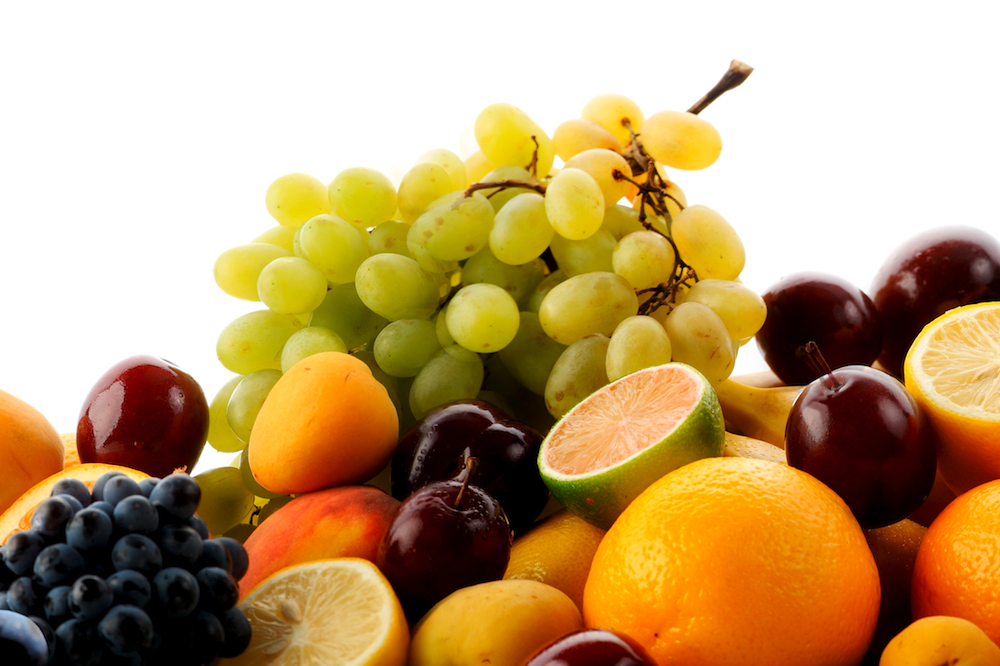What is the ‘Fruitarian Diet’?
The Fruitarian Diet is considered a subset of the standard vegan diet. This diet is free from animal products, but every individual does things a little differently. It typically consists of eating 75 percent fruit and the other 25 percent is composed of other vegan products, usually mostly raw. Many people choose to eat nuts, seeds, vegetables and grains as their other 25 percent. Some fruitarians are gluten-free as well, it just depends on the individual. Many fruitarians, who could be considered to be on the more extreme side, only eat fruit that has fallen from a tree or plant, rather than fruit that has been picked.
Benefits of the Fruitarian Diet
There are many benefits to this diet. For one, it is usually very low in calories. Some fruits such as strawberries, raspberries and blueberries, have less than 100 calories per cup. Bananas contain roughly 100 calories a piece, but are very high in other nutrients and vitamins. Many fruits are considered to be superfoods due to their antioxidant content as well as the multitude of essential vitamins and nutrients they provide.
Fruitarian diets are also very high in fiber, making those who choose to partake less prone to constipation. The increased intake of vitamins and minerals also can help to strengthen the immune system, which will lessen the likelihood for disease and illness. In addition, no cooking is required for this diet, unless you prefer to steam, sauté or otherwise cook your vegetables and other food besides fruit.

Fruits, while high in sugar, are all natural sugar which is much better for you. In addition, a fruitarian diet, if done properly, will provide your body with exactly how much protein and fat your body needs. A lot of western diets are actually too high in protein, contrary to what is typically told to us by meat and dairy corporations.
Blood circulation also tends to improve when on a fruitarian diet. This is due to the high water content and high amounts of soluble fiber found in fruit. These factors make for thinner blood which is well-hydrated and properly oxygenated. The blood in turn has an easier time flowing throughout the heart and body.
Downsides to the Fruitarian Diet
One of the main issues with a diet thats primarily fruit, is it’s nearly impossible to get all of the required nutrients your body needs. One common deficiency seen in fruitarians is iron, which can lead to anemia. Another common deficiency is Vitamin B12. This vitamin is primarily found in animal products, which fruitarians don’t consume. Many choose to take B12 supplements to prevent this from happening. Vitamin D is another vitamin that fruitarians commonly lack in their diet. While you can get Vitamin D from the sun, very few people spend enough time outside to solely depend on the sun for their Vitamin D needs. These deficiencies can be offset by a supplement, so don’t let that deter you if you think a fruitarian diet would suit your lifestyle.


